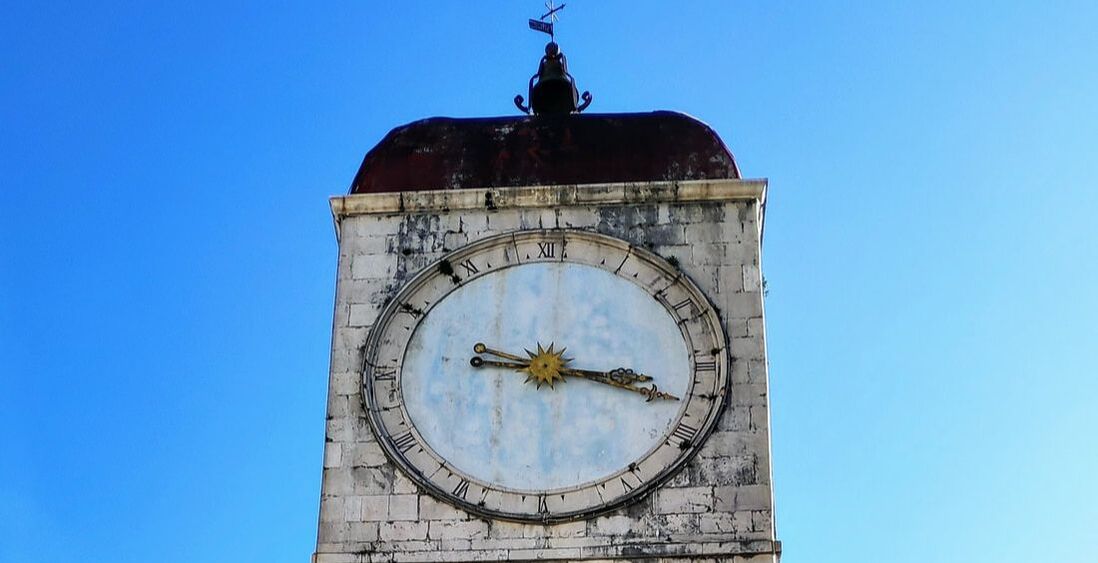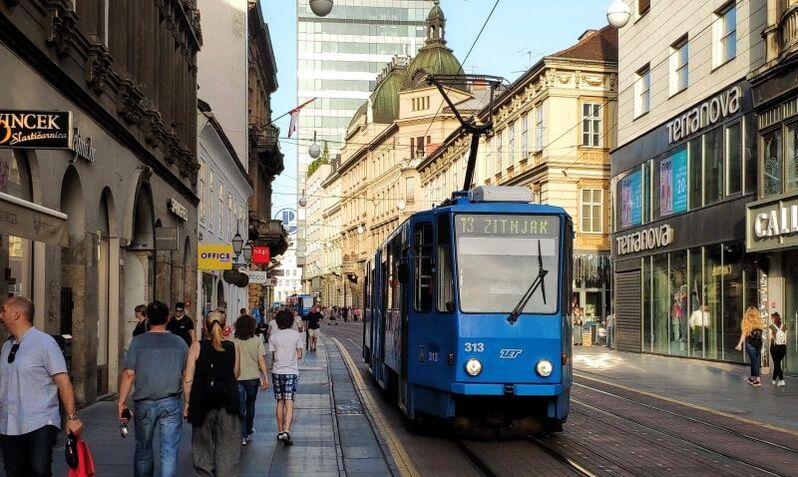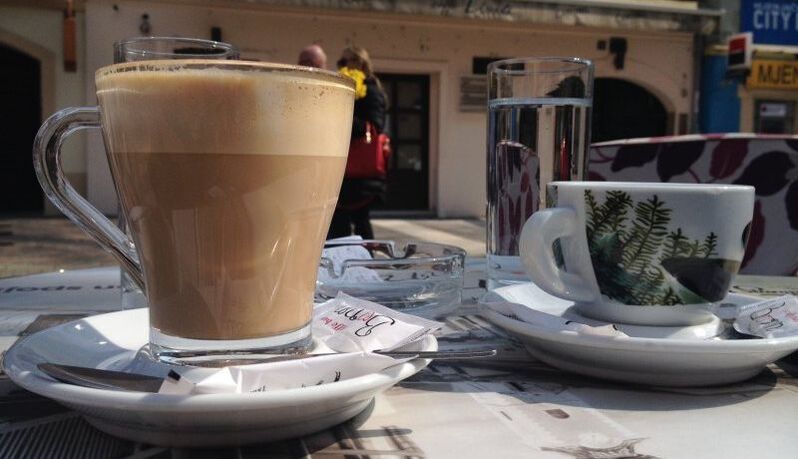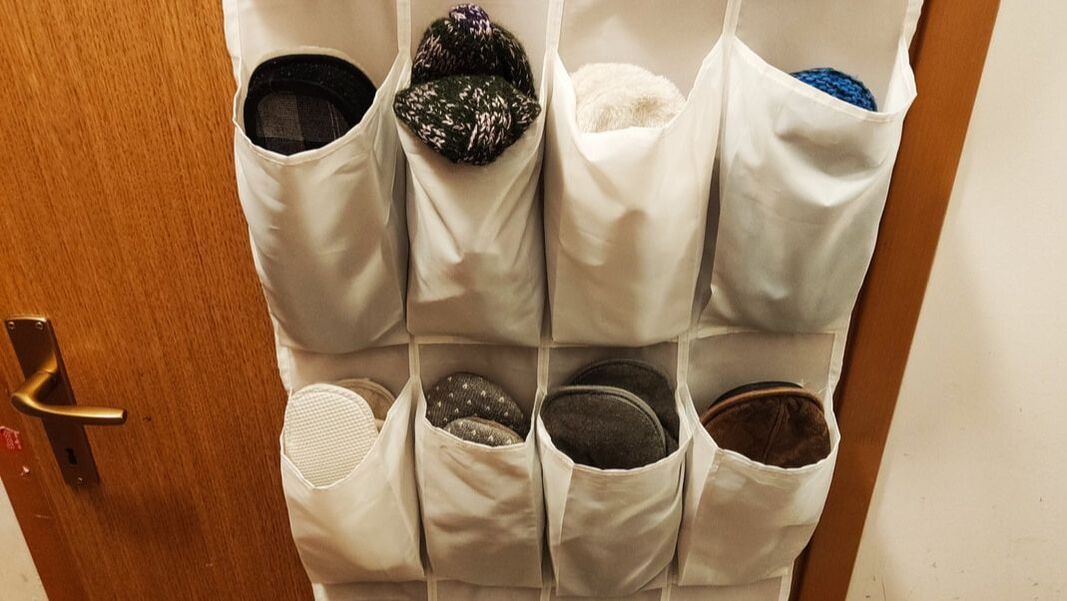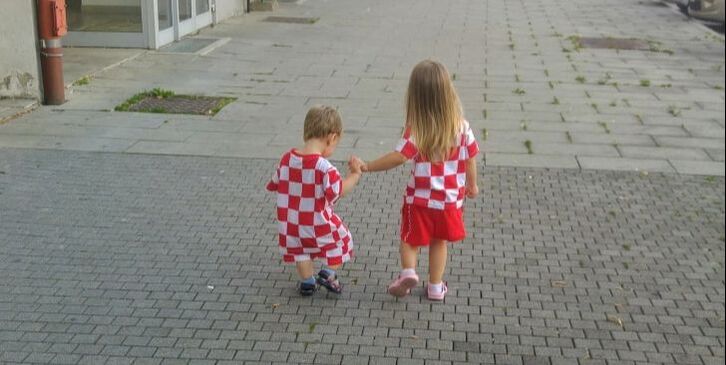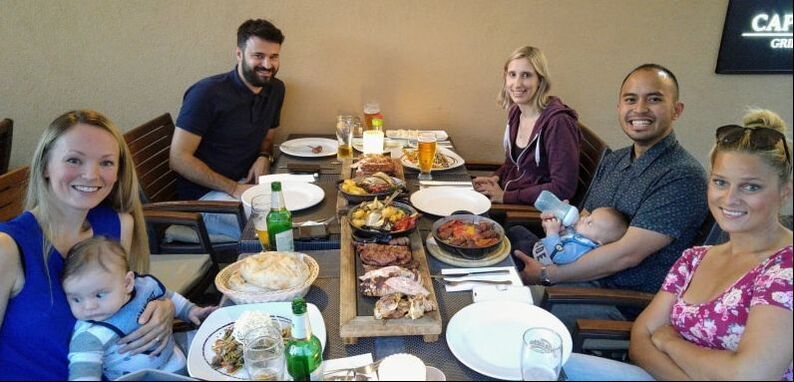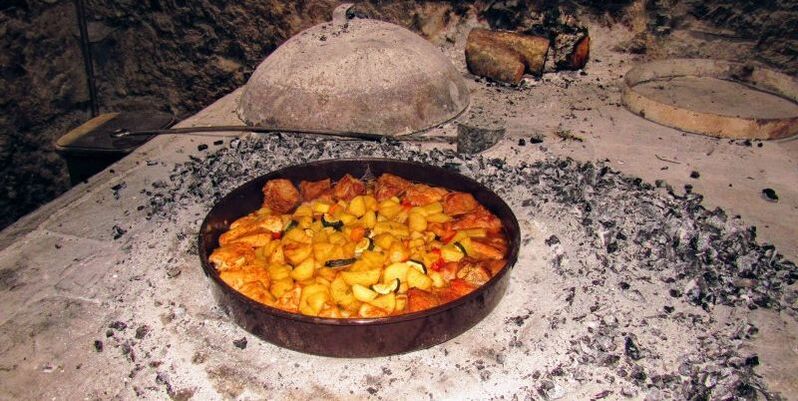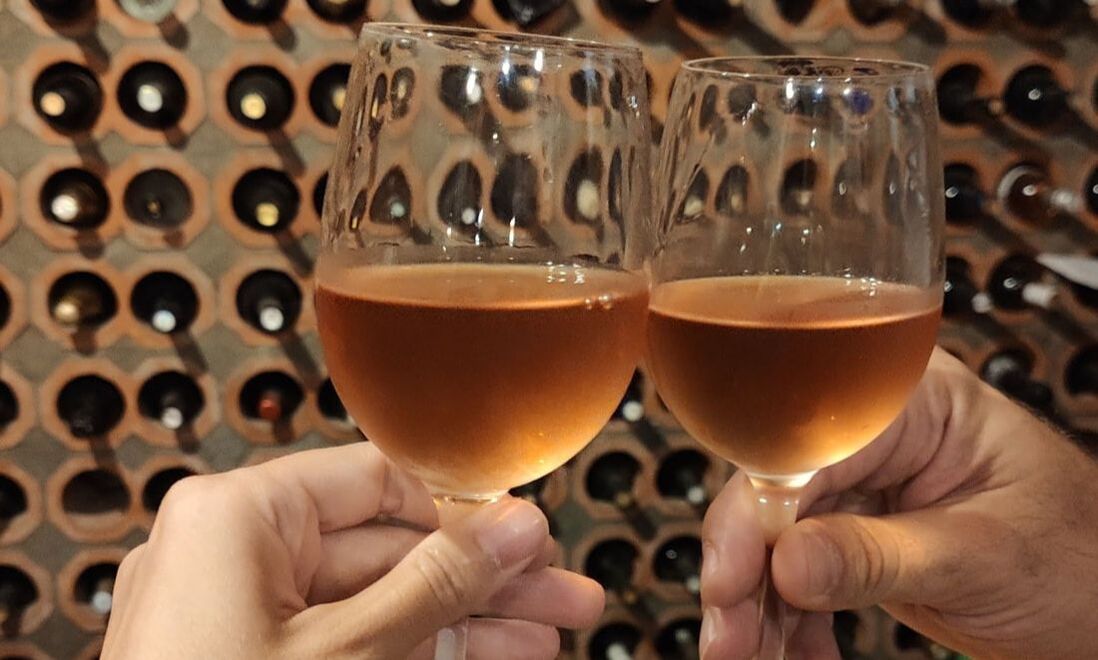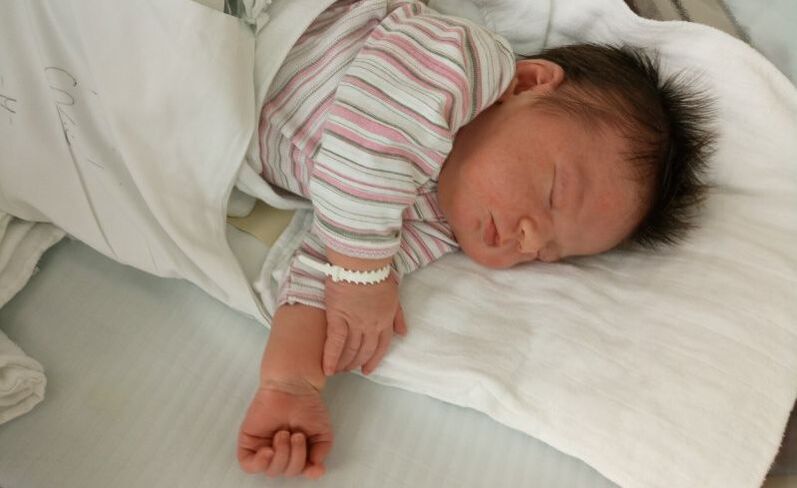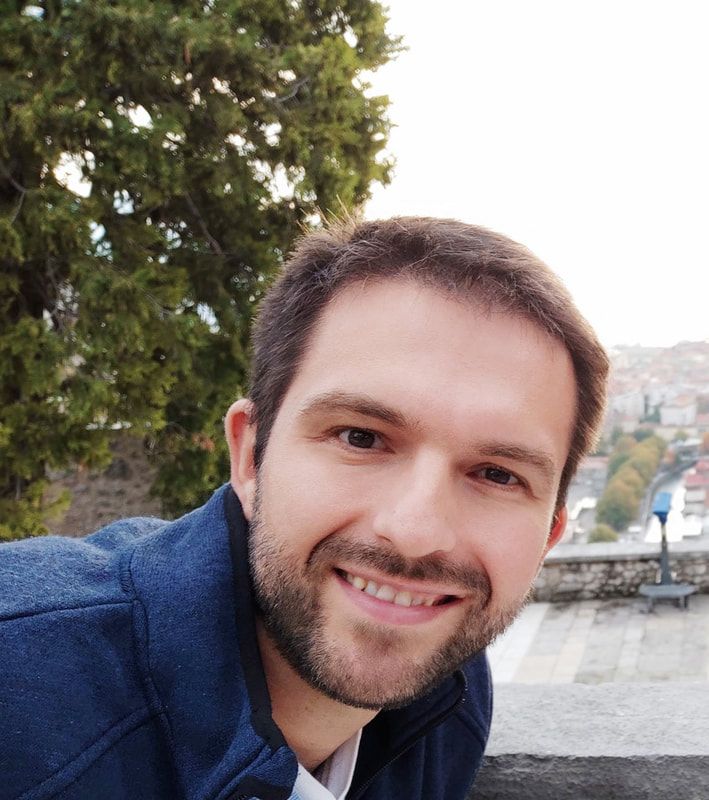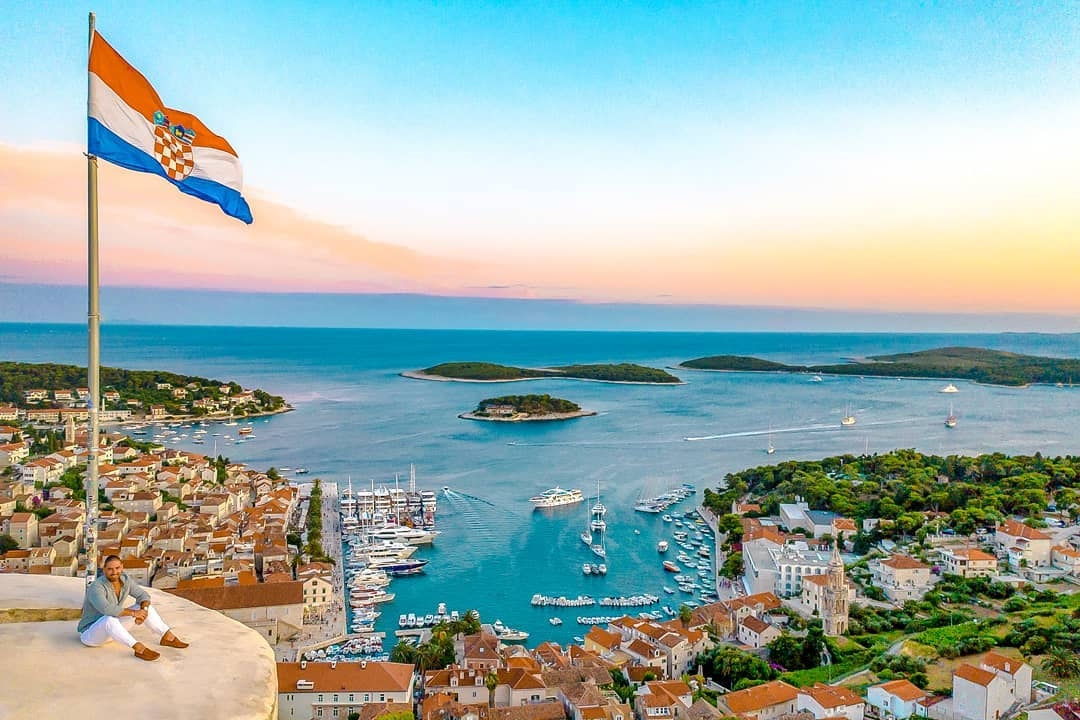 Croatian Culture, Etiquette & Social Norms - Photo credit IG @juri_sydney_photographer
Croatian Culture, Etiquette & Social Norms - Photo credit IG @juri_sydney_photographer
Here I’ll outline some simple social rules and etiquette to follow when hanging out with Croatians. I’ve learned all of these (some the hard way), by going from a complete foreigner in Croatia when I moved here years ago, to now feeling like a local.
Keep reading for more info on etiquette, including Sunday lunches, shopping, making plans, friendship, trust, visiting newborns and more!
Croatians have more of a relaxed attitude towards life and punctuality. Things often run late, and if someone tells you to meet them at 2:00pm, it usually means ~2:15pm or even a bit later.
In business, it’s a little more “on time,” but in everyday life, people aren’t too concerned about rigid times for meeting, leaving etc. Don’t be offended if someone is slightly late to meet you, it’s not rude in Croatia.
“Polako” (meaning slowly / slow down) is a word that is said VERY often in Croatia. If you try to rush someone, they’ll say “polako.” If someone sees you rushing, they’ll say “polako.” If you tell someone you’re on the way, they’ll say “samo polako” (just slowly). This word nicely sums up the culture of “punctuality” in Croatia.
Croatians tend to dress very nicely and care about appearances. You’ll rarely see someone in town looking like a mess. People here don’t run out of the house to do anything until they’re very much presentable (hair / make up / nicely dressed), not even for a carton of milk.
There’s a strange phenomenon about track/sports pants & sweaters, though. You’ll see men everywhere walking around town in this type of “sports attire,” but I’ve yet to see a woman do the same. It’s perfectly normal to see a man in a tracksuit walking hand in hand with a woman dressed up like she’s going to a fancy dinner party.
If you’re traveling through the city on the bus or tram, always give up your seat for any elderly or pregnant passengers.
There are a few different ways to greet people in Croatia. It’s a bit complicated, and depends on your closeness to the other person, as well as your gender.
1. Men almost always shake hands with other men when they greet each other, regardless of whether they’re family or strangers (but can sometimes do the double cheek kiss + hug, with other men who are very good friends).
2. If a man and woman are friends, they will greet each other with a simultaneous handshake and a kiss on each cheek. If they’re just acquaintances, they will greet each other with just a handshake.
3. Women greet their female friends with a kiss on each cheek, and sometimes a hug, but acquaintances with a hand shake.
4. People will usually just give children a kiss on their heads. No need for handshakes or double cheek kisses with kids, which makes things simple.
A few other things to keep in mind with greetings:
- You do the same exchange when you greet someone, as you do when you say goodbye.
- With handshakes, it’s important to look the other person in the eye.
- Men will always shake a woman’s hand first when in a group.
- With the double cheek kiss, there’s no hard rule on what cheek to kiss first. Just let the other person start and follow their lead, or you could end up with a big ol’ kiss on the lips if you both lean to the same side at the same time.
- With kisses, the numbers are important. Two is the magic number (one kiss per cheek). If you greet someone with a kiss on only one cheek and pull back, the other person will have already leaned in to your other cheek and it will be weird.
- Don’t try to kiss three times, either. That’s the custom in nearby Serbia and then you’ll will be the awkward one who leaned in when they pulled back.
- Sometimes, one person will go in for the kiss, and the other will go for the handshake, and it can be embarrassing. It happened to me plenty of times after moving here, while I was still learning to read the situation and understand these cultural greetings.
My advice is to just put your hand out for a shake, and then if someone initiates doing the double cheek kiss as you’re shaking hands, just follow along! But you’re always safe with a handshake.
A quick note about PDA (Public Display of Affection) - you might notice a lot of it when roaming through Croatia (mainly young couples). It’s quite normal. I believe the reason is that boyfriends and girlfriends don’t typically meet each others’ parents until the relationship is very serious, headed towards marriage, so young couples mainly hang out in public, and aren’t shy about their feelings towards each other.
The majority of socializing happens over coffee. You’ll either meet somewhere in town, or host/be hosted at someone’s house who will “skuhati kavu” (cook coffee). If you go to someone’s home, you can bring a small gift, but if it’s a good friend who you see often, a gift really isn’t necessary.
Every house has multiple pairs of “guest slippers,” and usually in a few different sizes!
If you meet at a cafe for coffee, you avoid the slipper issue, but there will typically be a “fight” over who gets to pay at the end, and this happens every time. Someone will grab the receipt when you’re finishing up your get together, and typically whoever takes the receipt first will be the winner (and get to pay).
Once the winner takes the receipt, the other person begs the the winner to let him pay instead, but the winner doesn’t cave. It’s funny to see this “receipt fight” every time, but people like treating their friends when they meet for coffee or a drink.
It’s worth while to mention though, if you are the one who explicitly arranged the get together and invited the other person, then you have the upper hand of being able to pick up the tab.
Another note is that scheduling a meet up with a friend is pretty easy in Croatia. You don’t have to arrange a get together weeks in advance. Usually a day or two will suffice (sometimes you can even make plans for later on that same day - gasp!!).
Usually, people won’t even firmly commit to anything if it’s too far in advance. They like to organize coffee dates in the short term, as they see what else is going on in their lives at that time.
“Budemo se culi” [pr. “Boo-demo say choo-ly”] meaning “we’ll talk closer to the date” is very often said to imply they’ll organize the details for a loosely scheduled future get together, as the date approaches.
Keep in mind, too, that a meet up for coffee typically lasts a while, easily reaching 2+hrs (especially on weekends). Don’t schedule a meeting with someone if you only have 30 minutes. They will be offended if you have to go after such a short time, as they’ll think you didn’t enjoy yourself.
Generally, Croatians don’t like small talk very much (not that anyone really does), but they like to get to know each other well, and conversation covers most topics.
It’s very common for friends to casually talk about money & personal finances: how much they make; how much they paid for their car; their mortgage rates, etc. This was very strange for me, as North American culture is very hush-hush around this subject.
One of my American friends in Zagreb perfectly described the difference in how Croatians trust each other, vs. how North Americans trust each other: in North America, trust starts high and declines; in Croatia, trust starts low and builds. See below:
It’s the same with friendships (as trust goes hand in hand with friendship, of course). In North America, an acquaintance becomes a best friend in the blink of an eye, but not often will these quick “friends” be there for you when you truly need it.
In Croatia, it takes a very long time to build a true friendship (months, years), but once you’re really friends with someone, they’ll do anything for you, help you in any way, and you’ll carry this relationship forever.
This was challenging for me when I first moved to Croatia, because I always made friends very quickly and easily back in Canada. Moving here, I really had to work at it (with the exception of a few amazing *synchro skating friends that I made instantly, as we quickly bonded & trusted each other as teammates, which lead to some real, accelerated friendships).
*Long story, but I originally came to Croatia to skate with the Zagrebacke Pahuljice (Croatia's synchronized skating team), and quickly met Ivan after moving here.
Honesty:
Croatians are also very honest people, they won’t tell you something looks nice if it doesn’t, or that something tastes good if it doesn’t, and they won’t hold back on letting you know if you’ve put on a few pounds over the holidays (that just means you enjoyed yourself)!
Example: my boss at my first job in Croatia asked me if I had eaten a lot of cake for my birthday, as it “shows in my face.” By this point, I knew this wasn’t meant in any rude way, she just simply noticed the fact that my cheeks were a bit chubbier (maybe her way of acknowledging I had a nice birthday, full of friends and food that I love?).
Birthday etiquette:
Unlike in North America, birthdays are all up to the birthday boy (or girl) himself in Croatia. If it’s your birthday and you meet your friends for lunch, dinner, dessert or drinks, you will ALWAYS grab the bill.
Your birthday is the ONLY time someone won’t fight you for the receipt. If you’re attending a birthday celebration as an invited guest, then you’ll usually just bring a small gift (a bottle of wine / box of chocolate / flowers, nothing crazy).
When you are invited to someone’s house, it’s the norm in Croatia to bring a small gift. Nothing lavish, but rather a bottle of wine, a box of cookies, or some chocolate. It’s also normal here for the host to open the gift when it's given (if it’s wrapped or in a gift bag, of course).
Flowers are also nice, but only bring an odd number - apparently an even number of flowers is only given when someone has died.
If you’re going to a home that has small children, bringing a little gift for them is also typical (this can be something small like a Kinder Egg, some candy, a simple toy). Kids love when guests come over because they know they’ll usually get a small treat :)
Invited to “lunch” (which is really an early dinner in North American terms):
In Croatia, lunch is eaten late, around 2-3pm, and it’s the biggest meal of the day. If you’re invited over for lunch, you’re not getting sandwiches! You’ll usually be invited over on a Sunday, when the most special meal of the week is prepared. It’s a big deal to be invited to lunch, so don’t take it lightly :)
Their goal is to host you the best you’ve ever been hosted, and they’ll do anything they can to accommodate you.
Upon arrival, the first question your hosts will ask is “sto ces piti?” (what would you like to drink?). Next, a platter of cured meat, cheese, olives, pickles etc. will suddenly appear in front of you. You’ll casually eat & drink while you chat with the hosts until lunch officially begins.
Once you move to the table and officially start the meal, it’s typical in Croatia to say a quick prayer, and/or do the sign of the cross before eating. Don’t dig in until others do, to make sure you’re not eating before everyone’s ready.
Another quick note is that meals are slow paced, so don’t rush through.
About 99% of the time, the main meal will begin with a bowl of homemade soup (typically chicken or beef broth with thin, short noodles). Croatians believe that soup “opens your appetite” so you’ll be able to eat more of what’s to come.
When the soup is done, and bowls are cleared, the main course will come. Meals in Croatia are served “family-style” where a big platters of different dishes will be put in the middle, and you can help yourself to your portion.
Don’t put too much on your plate the first time around, because it’s customary to take seconds. If you don’t take seconds, the host might think you didn’t like the meal (seriously).
Once you’ve taken seconds, leave a little on your plate, as the moment your plate is clean, you’ll be pushed to take thirds, fourths, etc. (or if you're still hungry, just keep eating... the host will be thrilled!)
In typical Croatian fashion, you will most likely be offered wine with your meal as well, but if you’d prefer something else, that’s totally fine. You won’t offend anyone if you reject the wine (although they might think you’re a bit strange ;)
Once the main course is finished, and after a short break, coffee and dessert will be served. Dessert is usually a delicious homemade cake or strudel.
It’s important to note again, that lunch is slow-paced, so take your time as you eat. Lunch is so important in Croatia, that children finish school in time to eat lunch at home every day (only a snack is served at school).
In Croatia the rule is that you don’t go visit a newborn baby for the first 40 days after he or she is born (this period is known as “babinje”), unless you’re explicitly invited or you’re an immediate family member like a mom, dad, brother or sister.
I really loved this rule after the birth of each of my babies here in Croatia. It gave me plenty of time to heal, bond with my newborn, establish breastfeeding, and I also didn’t have to host anyone while I was still recovering from childbirth.
I was in my pjs for a month straight, focused on my baby, and it was great. This also means fewer people holding the baby and fewer germs coming into the house for the first 6 weeks.
Once the 40 days are over, guests slowly make their way to meet the new addition. Traditionally, you bring a gift for the baby or leave some money under the baby's pillow (or near his or her head somewhere if there's no pillow).
You'll chat over coffee and get to admire all the cuteness. Everyone is feeling a little more on their feet by this stage, and it’s easier to have guests come over. In my opinion, this tradition of babinje should make its way to North America! It's quite rigid, but I loved it!
Even visiting a mom & baby in the hospital is very strict. In public hospitals (at least here in Zagreb), visiting hours are just 1hr/day (and only one visitor at a time is allowed in the room). Oftentimes, the nurses will even bring the babies to the nursery during visiting hours so no visitors can hold or get close to the newborns.
Conclusion:
Well, I think that pretty much covers the main aspects of Croatian culture, etiquette and social norms. In short: Croatians are pretty relaxed, but dress nicely; they love socializing over coffee and fighting over who gets to pay; they never show up to someone’s house empty-handed (or on time); they always give new moms & babies 40 days of peace after childbirth; they’re polite but not pushy; and Croatians are incredible hosts, so mind your manners and always take seconds.
Thanks for reading!
If you’re interested in reading a few of our other posts about Croatia:
- 38 Local Tips & Mistakes to Avoid When Traveling to Croatia
- Travel to Croatia With a Toddler or Baby (From Experience!)
- Tipping in Croatia: A Complete Guide With Suggested Amounts!
- Croatia Travel Itinerary for 5, 7 & 10 Days
- How I Learned to Speak Croatian as an Adult (in 7 Steps)
- Driving in Croatia (A Helpful Guide With Practical Tips)
- Zagreb’s Flea Market, Hrelic: A Helpful Guide
- Croatian Money: KN or EURO, Exchanging $, and Daily Costs
- Top 5 Croatian Travel Snacks
- 8 Reasons You Should Never Swim in the Adriatic
- Top 10 Day Trips From Zagreb, Within 1hr Drive
- 5 Reasons Croatian Grannies are Cuter than Kittens
- 9 Reasons You Should NEVER Use a Travel Agent
- Our Insider’s Guide to Wineries & Wine Tasting Near Zagreb
- Direct Flights to Croatia From North America (& Asia) in 2020
- Is Croatia Safe? Read Our 20 Useful Safety Tips for Tourists
|
Sarah Cosic
Royal Croatian Tours - Specializing in custom made, luxury trips throughout Croatia. We offer exclusive experiences all over the country, and we’re passionate about providing you exceptional service that goes above and beyond for your tailor made vacation! Send us an email or give us a call to start planning today! |

